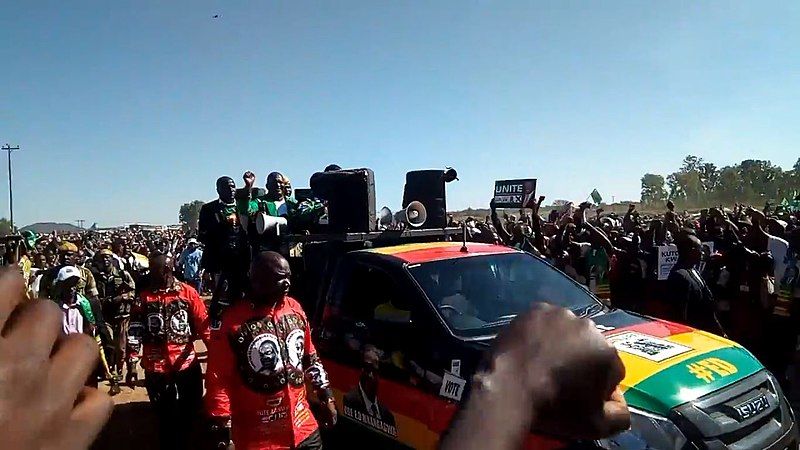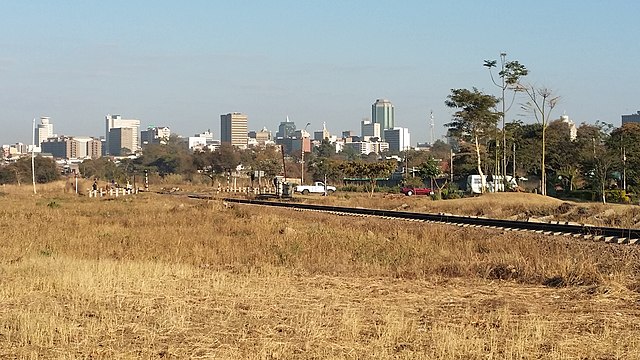Zimbabwe: Opposition Claims 'Gigantic Fraud' in Vote
On Sunday, Zimbabwe's prominent opposition leader accused the ruling party of "blatant and gigantic fraud" in the country's elections after incumbent Pres. Emmerson Mnangagwa was declared the winner.

Facts
- On Sunday, Zimbabwe's prominent opposition leader accused the ruling party of "blatant and gigantic fraud" in the country's elections after incumbent Pres. Emmerson Mnangagwa was declared the winner.1
- The allegation comes after Mnangagwa was re-elected for a second and final five-year term with 52.6% of the vote. Nelson Chamisa of the Citizens' Coalition for Change secured 44% of the ballots.2
- Chamisa, who also lost to Mnangagwa five years ago, claimed that Zimbabwe was suffering from a "vicious cycle of disputed elections" and accused Mnangagwa of staging a "coup" against the electoral process.3
- Though international observers stated the election process was peaceful, they admitted it was compromised by multiple irregularities, including intimidation of voters and activists, which cast in doubt "the credibility of the process."4
- Meanwhile, Mnangagwa's ZANU-PF party spokesman, Chris Mutsvangwa, said the polls had shown "that Zimbabweans are democratic" and that "a new confidence is being instilled" in the southern African country.5
- Mnangagwa became president of Zimbabwe, once considered the breadbasket of southern Africa, in 2017 after a coup against longtime ruler Robert Mugabe. This year, almost 3.8M Zimbabweans — affected by high unemployment and poverty — are expected to experience food insecurity.6
Sources: 1Al Jazeera, 2Associated Press, 3Washington Post, 4The Zimbabwean, 5Africanews, and 6Adda247.
Narratives
- Narrative A, as provided by The Herald. Zimbabwe's elections were the most peaceful the country has seen in a long time. The role of international observers is to provide an objective account of the proper conduct of elections, not to serve foreign interests and undermine the legislature of a sovereign state. Also, Chamisa tried to intimidate voters and threatened violence if he lost the election to Mnangagwa again. However, Zimbabweans were not deterred and exercised their democratic right in large numbers.
- Narrative B, as provided by The National. Not only did Zimbabwe's elections occur in a climate of fear, but the government also weaponized the judiciary to ensure its electoral victory through undemocratic means. Therefore, the West can't normalize relations with Harare and must maintain the country's isolation under the leadership of Mugabe's former confidant Mnangagwa. A government that rules through violence, looting, and impunity must not be a part of the international community.






